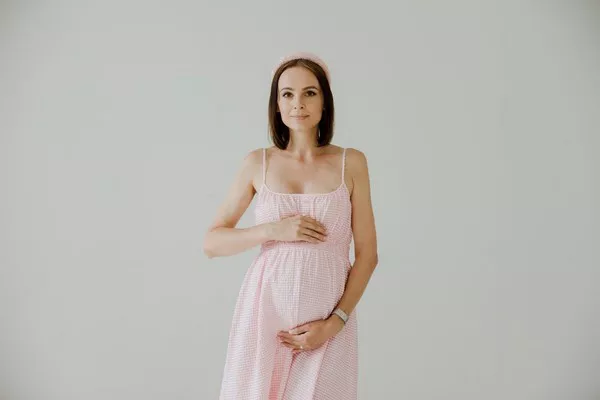The prospect of a cancer diagnosis is a deeply unsettling concern, transcending age, gender, and access to healthcare. According to the National Breast Cancer Foundation, 1 in 7 Australian women will confront breast cancer during their lifetime, with 1 in 500 men also becoming part of the statistics.
These sobering statistics, while highlighting the scale of the issue, also reflect considerable advancements in screening methods and heightened awareness among women at risk. Despite living in an era and a country with excellent access to medical detection and treatments, regular self-examinations remain a vital tool in the ongoing battle against breast cancer.
A recent survey conducted by Pink Hope, a hereditary cancer charity committed to raising breast cancer awareness among Australian women, has uncovered a concerning barrier that discourages women from performing routine self-checks at home: low body confidence. The survey involved over 1,000 Australian women aged 18 and above, and the findings underscore how a significant number of participants fail to adhere to recommended self-check frequency due to insecurities and negative body image.
Sarah Powell, CEO of Pink Hope, who was diagnosed with breast cancer at the age of 29, encourages women to overcome these barriers. She states, “I know it can be hard to stand in front of the mirror and conduct a self-check, especially if you don’t love the reflection staring back at you, but what I can tell you is that there is great empowerment in learning to self-check and feeling confident that you know your body and are taking control of your health.”
The study reveals that one in four Gen Z women cites low body confidence as the primary obstacle, possibly indicating a generational trend. Surprisingly, even women who reported moderate to strong body confidence exhibit shortcomings in regular self-examinations, with forgetfulness being a common reason for not adhering to the recommended checks.
“A woman of any age should be conducting breast self-checks at least once every six weeks as a proactive measure,” emphasizes Powell. “It’s one of the most powerful and accessible ways to ensure early detection of breast cancer.”
While lumps are often portrayed as the key symptom in popular culture, the research points to a lack of awareness regarding other vital signs of breast cancer, such as swelling, rashes, or nipple inversion. Only one in three women expressed moderate confidence in recognizing these symptoms during self-checks, with 91% recognizing a lump as a significant sign. Shockingly, 44% were unaware that nipple inversion could be indicative of an issue, while 43% didn’t realize that a rash could be a symptom.
The study also highlights how low body confidence influences women’s decisions to seek medical advice, often resulting in delays of up to a month after noticing something suspicious.
Sarah Powell emphasizes the importance of seeking prompt medical attention, stating, “Waiting as long as a month to seek medical advice after discovering something concerning could have significant implications for the stage of diagnosis and available treatment options. While it may often turn out to be a false alarm, seeking medical advice promptly ensures the best possible outcome.”
As Breast Cancer Awareness Month concludes, taking charge of one’s health becomes more critical than ever. Any noticeable changes should be reported to a GP for professional advice and a more accurate diagnosis.


